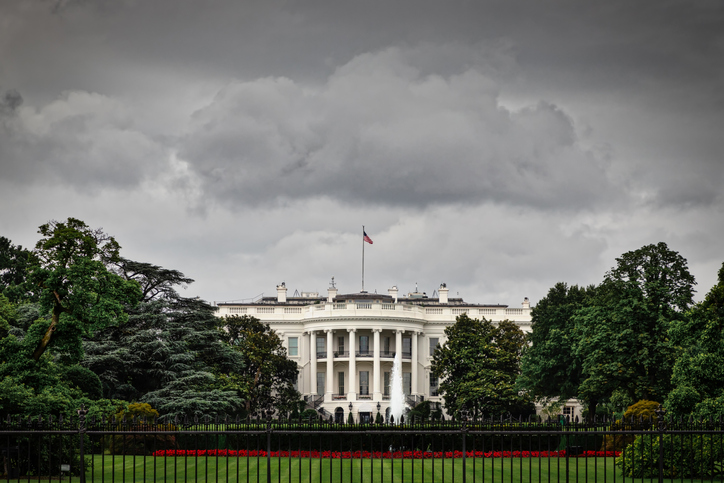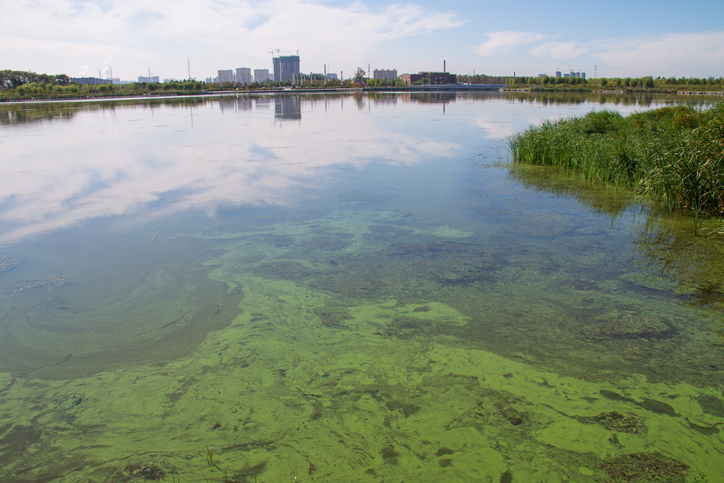A federal judge in Boston, Massachusetts is considering a motion from the Massachusetts attorney general to remand the case back to state court from federal court. The case was removed to federal court in late 2019, and Attorney General Healey’s request to remand the case was received on Jan. 2, 2020. In the motion, the attorney general noted that the case did not concern various federal issues, such as carbon taxes, prohibitions on the sales of gasoline, or international climate change agreements. More specifically, the action was brought under the Massachusetts …
Continue Reading









